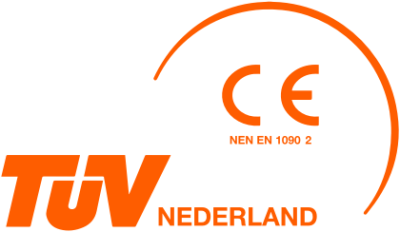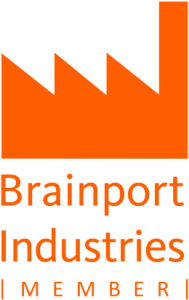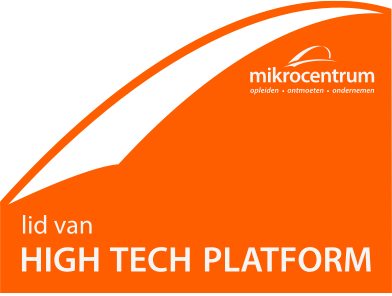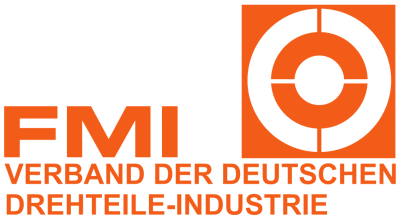Digitization in the manufacturing industry
Digitization, the transfer of information in paper form to digital form, is evident everywhere. Also in the manufacturing industry, digitization (which is also called ‘the digital factory’) has made its appearance. Within this industry, digitization mainly relates to product simulations, the link between design and production or the digital management of stock or production. Due to new technologies these processes of designing, manufacturing and distributing are becoming smarter, faster and more sustainable. The use of smart software, robots and sensoring makes this possible.
Predictive work

That the shop floor is changing is no surprise. Where the knowledge used to lie mainly with people, it is now increasingly more data driven. This certainly does not mean that the human
knowledge will be less valuable, but digitization changes the required knowledge and is speeding up the process. Craftsmanship not getting less, but craftmanship is changing. Besides this, storing and analysing Big (production) Data leads to optimising of production, objective forecasting of future productions and a strong reduction in the (human) margin of error.
By storing as much data as possible, new predictions can be made. You will know what the outcome will be for a given input. For the customer, this means that an expected outcome is immediately available, think about product price, delivery time and quality management. A next step will be real-time access to the production steps and associated delivery times. The customer can track his or her product from raw material to final delivery; full traceability.
Human independence
The digitization ensures that we become less dependent on people (knowledge). This makes the calculation 100% objective and more truthful, with a strong reduction of deviations.
In addition, this means that the loss of information and knowledge is also reduced to zero. Because everyone works with the same data, in the same system, fewer errors are made. The information in universal, which means that an operational employee has access to the same data as an office worker or quality employee. Implementing changes is also more efficient: when something has changed in the data, this is immediately visible to everyone, so immediately anticipation is possible.
Speed
Less paper means more speed. All work and data goes through digital devices and can be processed immediately. At this moment the extra time is mainly dependent in paperwork: everything has to be checked, possible signed and then processed.
In combination with the fact that the manufacturing industry is getting more human-independent due to digitization, this also means that communication can take place more quickly. Because you are less dependent on people, you can calculate, work and send out an offer faster. This ultimately means that more revenue can be generated in a shorter time. A supplier or customer gets a direct response, can order within minutes and also has access to the production process. He knows when his product is delivered and can anticipate to it.
Transparency
Thanks to digitization, the transparency of the manufacturing industry is many times greater. Within a single click you can find out with which exact raw material your product was made, what the origin is and whether the entire supply chain operates according to the required
Code of Conduct. It guarantees a certain way of working, overall quality and safety.
”By making this step as manufacturing industry, we’re getting a step closer to an optimal transparent production process where continuous zero-defect-production becomes reality.”










